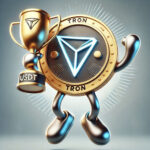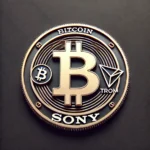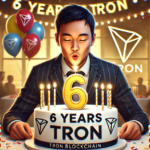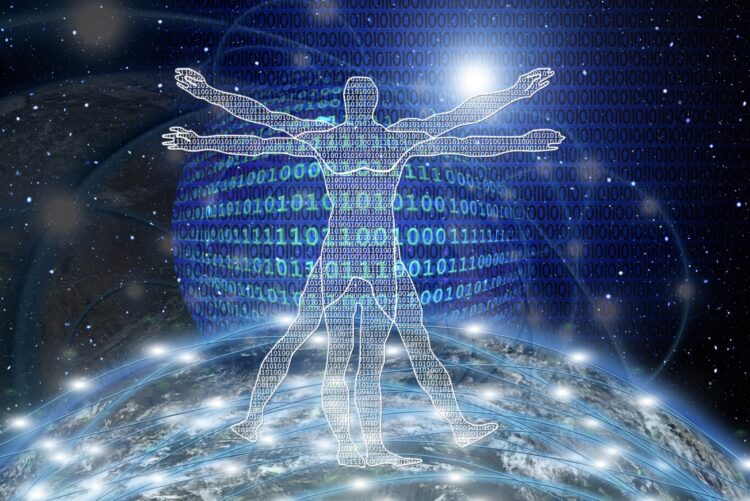In the field of mathematics, there are certain problems that stand out for their high complexity and importance. These challenges are known as the Millennium Problems, established by the Clay Institute of Mathematics in 2000, offering a reward of one million dollars to anyone who manages to solve each one. These challenges constitute some of the most intricate mysteries in mathematics.
Next, we will briefly examine some of these challenges. If you are the genius who manages to solve them, remember that you could earn up to a million dollars.
Riemann Hypothesis: This hypothesis delves into number theory and focuses on the distribution of prime numbers. Proposed by Bernhard Riemann, it raises questions about patterns in the distribution of prime numbers along the number line. The hypothesis suggests certain regularities but has not been proven yet. Its resolution would have profound implications in number theory and quantum physics.
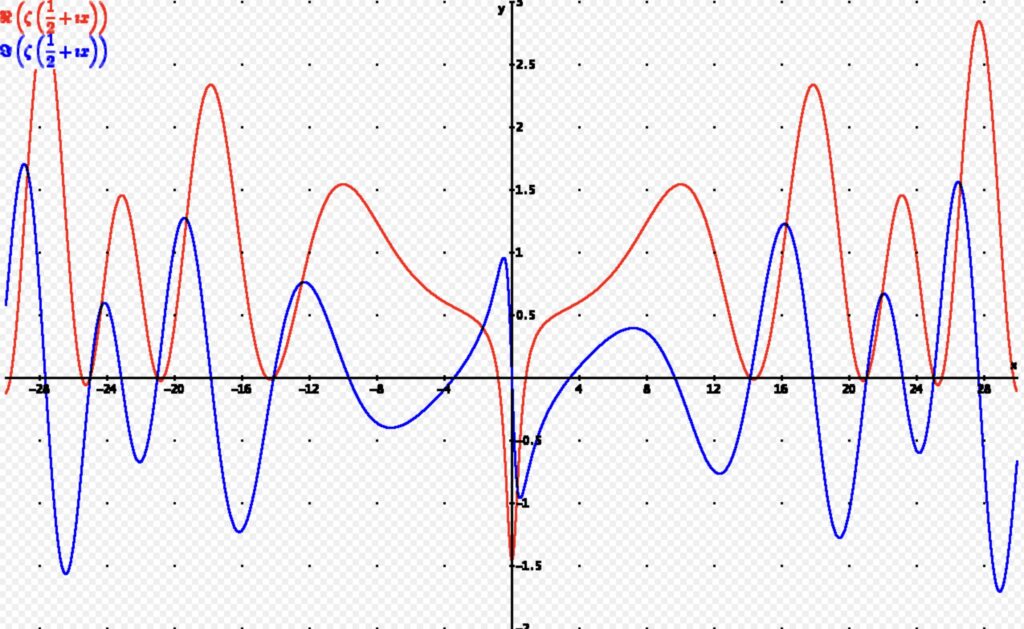
P vs NP Conjecture: This problem has implications in computer theory and information science. The P vs NP conjecture asks whether problems whose solutions can be quickly verified (in polynomial time) can also be quickly solved (also in polynomial time). In simpler terms: imagine you have a difficult task that takes a long time to solve, but if someone shows you the answer, you can verify it quickly. The P vs NP conjecture asks if all hard-to-solve tasks can also be quickly verified. Its resolution would affect the efficiency of algorithms and have significant consequences in fields like cryptography and optimization.
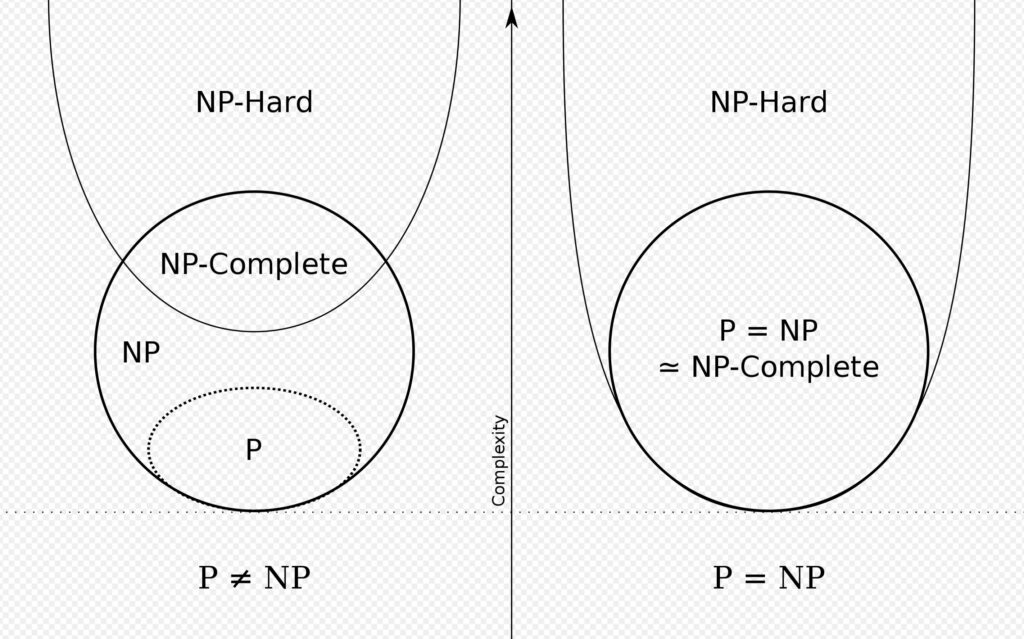
These challenges have remained remarkably elusive, testing the intellect of the brightest minds in the 21st century. Are you prepared to tackle any of these problems?



